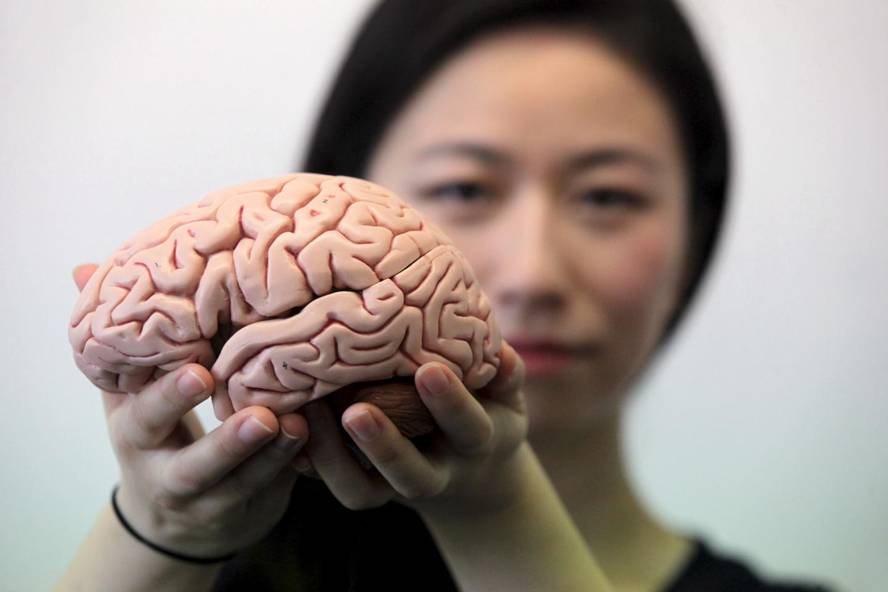As the brain ages changes fold
Mammals are characterized by having a large brain surface and thanks to the folds it is possible to introduce this large surface in a small space. In spite of the fact that the size and functions vary greatly from one species to another, the brain surfaces of all mammals are folded according to universal norms. A new research has now investigated the differences within the species and has found that the folds vary with age.
In fact, the first external indicator of aging is the skin, which loses firmness and elasticity. But something similar happens to the surface of the brain: as we grow older, tension decreases and it is noticeable in the fold of the skin.
So far, these folds have not been measured in a concrete way. But this time, analyzing the brain folds of 1,000 people, they have seen that brain tension is one of the most important parameters that condition the fold, since it represents a change in the mechanical forces of the brain.
They also wanted to investigate how the morphology of the brain changes in health and disease, and it has been shown that in patients with Alzheimer's disease tensions have fallen earlier.






